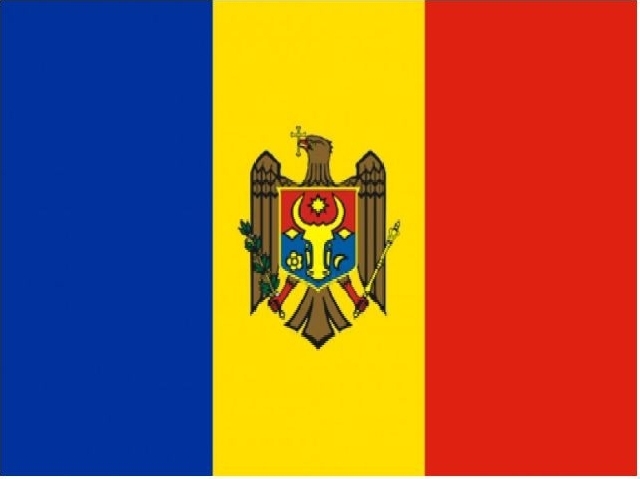The right to Romanian language in Transdniester
Romania responded quickly on Wednesday when the headmaster of the Lucian Blaga Romanian language high school in the separatist region of Transdniester, along with the school’s accountant and driver were detained by the police. The headmaster Ion Ioncev was on his way back from Chisinau, where he collected the overdue salaries of the school’s employees. The money was confiscated on the border between the Republic of Moldova and the separatist region, and the three school employees were arrested on suspicion of smuggling.

Valentin Țigău, 06.02.2014, 18:34
Romania responded quickly on Wednesday when the headmaster of the Lucian Blaga Romanian language high school in the separatist region of Transdniester, along with the school’s accountant and driver were detained by the police. The headmaster Ion Ioncev was on his way back from Chisinau, where he collected the overdue salaries of the school’s employees. The money was confiscated on the border between the Republic of Moldova and the separatist region, and the three school employees were arrested on suspicion of smuggling.
In a press release, Romanian President Traian Basescu has taken note of the incident with concern and described as unacceptable the treatment of Romanian language schools in Transdniester, whose accounts are being blocked in order to reduce them to bankruptcy. In Traian Basescu’s opinion, the arrest of the three employees is a deliberate provocation meant to fuel tension in the area. He also called on the OSCE to intervene as soon as possible.
The government in Chisinau has condemned the arrest of the three employees, which it describes as a completely unjustified action. Following pressure from the Republic of Moldova, the headmaster and his colleagues have been released, but the situation remains tense. Romanian language schools in Transdniester have come under repeated attacks from pro-Russian separatists starting in 1991, when this region unilaterally declared its independence from the majority Romanian speaking Republic of Moldova, which they said risked becoming “Romanianised”.
The latest incident in this series may be prompted by Chisinau’s moves to come closer to the European Union. Moscow’s fear of losing its influence in Moldova, which used to form part of the Soviet Union, is reflected in Transdniester in the attempts to intimidate the Romanian speaking population, which makes up the largest ethnic group in the self-proclaimed republic.
The unblocking of the school’s accounts is only a temporary victory, says the headmaster of the Lucian Blaga school, who is convinced the authorities in Transdniester will continue to exert pressure. Such actions of intimidation have led to a drop in the number of children attending Romanian language schools in Transdniester from over 6,000 in 2004 to around 1,800 today.
On a three-day visit to the Republic of Moldova for talks with the authorities on both sides of the Dniester river, the OSCE envoy Radojko Bogojević said a solution to the Transdniester conflict will be a priority of the OSCE, whose chairmanship is held by Switzerland this year and Serbia next year.






























